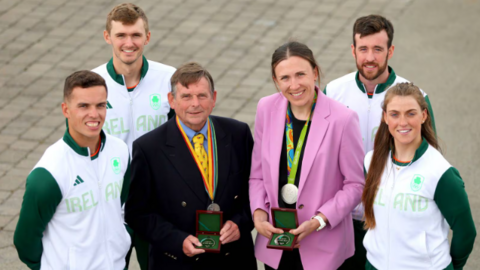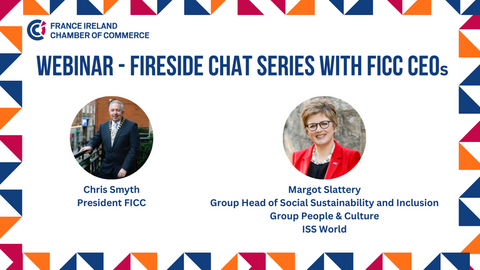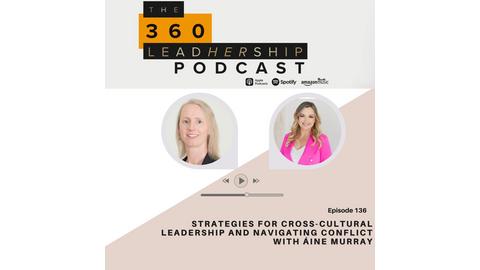Communication - Press • Portraits
Ireland setting sail for France with realistic hopes of returning with Olympic medals

Irish Sailing has already succeeded in its target of qualifying three boat classes for Marseille, the sailing venue for next month’s Paris Olympics
Their sailing out of Dún Laoghaire harbour on Tuesday evening – destination the port of Marseille – was entirely ceremonious, although not without the realistic hope of them returning with Olympic medals on board.
Irish Sailing has already succeeded in its target of qualifying three boat classes for Marseille, the sailing venue for next month’s Paris Olympics, with Eve McMahon and Finn Lynch now confirmed for the ILCA 6/ILCA 7 (the one-person dinghy formerly branded the Laser Radial/Standard for women/men), and Robert Dickson and Seán Waddilove in the 49er (the men’s double-handed skiff).
At age 20 McMahon becomes the youngest Irish sailor to make the Olympics; Lynch is a veteran of Rio 2016; with Dickson and Waddilove making Tokyo last time out. And there was no disguising their medal ambitions when speaking beforehand at the Irish Sailing performance HQ on the grounds of the Commissioners of Irish Lights on Harbour Road.
Last year McMahon won the triple crown of World and European youth titles, just weeks after completing her Leaving Cert, and James O’Callaghan, sailing performance director since 2006, believes this blended team of youth and experience is well primed to be in the mix. Luck will also play a part.
“Every Olympics you feel like you’ve improved in terms of preparation,” said O’Callaghan. “We’re in a good place, the goal is to get the boats into the medal race, then see what happens. You never know, it’s sport, but we’ve spent a lot of time down in Marseille already. Our base down there is an exact replica of the container room we have here, so it’s a home away from home.”
McMahon completed the hat-trick of qualification places at the ILCA6 World Championships in Argentina last January. In August of 2023, Lynch was the first to secure nation qualification for the men’s single-handed event, before in November, Dickson and Waddilove qualified Ireland for the men’s skiff.
O’Callaghan makes no secret of those medal ambitions too, pointing to the silver medal won by Annalise Murphy in Rio as a turning point in Irish sailing.
“At the test event last year, a dry run for Paris, Finn had an opportunity for a medal and he finished sixth. I don’t think you can ever be 100 per cent confident, but that’s the goal, and we’ve done a lot of preparation to make that happen. You do need a little bit of luck, but as I say to the athletes it’s so important to be in a position to take advantage of that luck when it comes your way. It’s no use being lucky if you’re at the back of the fleet.
“For Eve that’s part of her strength that she is so ambitious. But she works hard, Annalise has been a great mentor to her, she’s surrounded by excellence, and that’s what she wants. For us in Irish Sailing if she goes to the Games and makes the medal race it’s an absolutely outstanding debut, and hopefully she’ll be around for two or three more.”
O’Callaghan is already looking for improvements beyond Paris, especially when it comes to funding. “Annalise was a catalyst, but you need a system behind that, and coming back from Rio we looked at the countries who were ahead of us, and the thing that was missing was a HQ, that was the missing piece of the jigsaw.
“Sport in Ireland is in the best place it’s ever been, not just sailing, and Sport Ireland deserve a lot of credit for that. The challenge is we’re still behind our international competitors. If you look at New Zealand and Denmark, same size as us, same GDP, and win a lot of sailing medals. New Zealand are on €3 million, Denmark are €2.8 million, we’re €1.2 million, and between philanthropy and commercial it’s a €1.6 million programme, and we want that to be a €2.6 million programme for the next cycle.”


